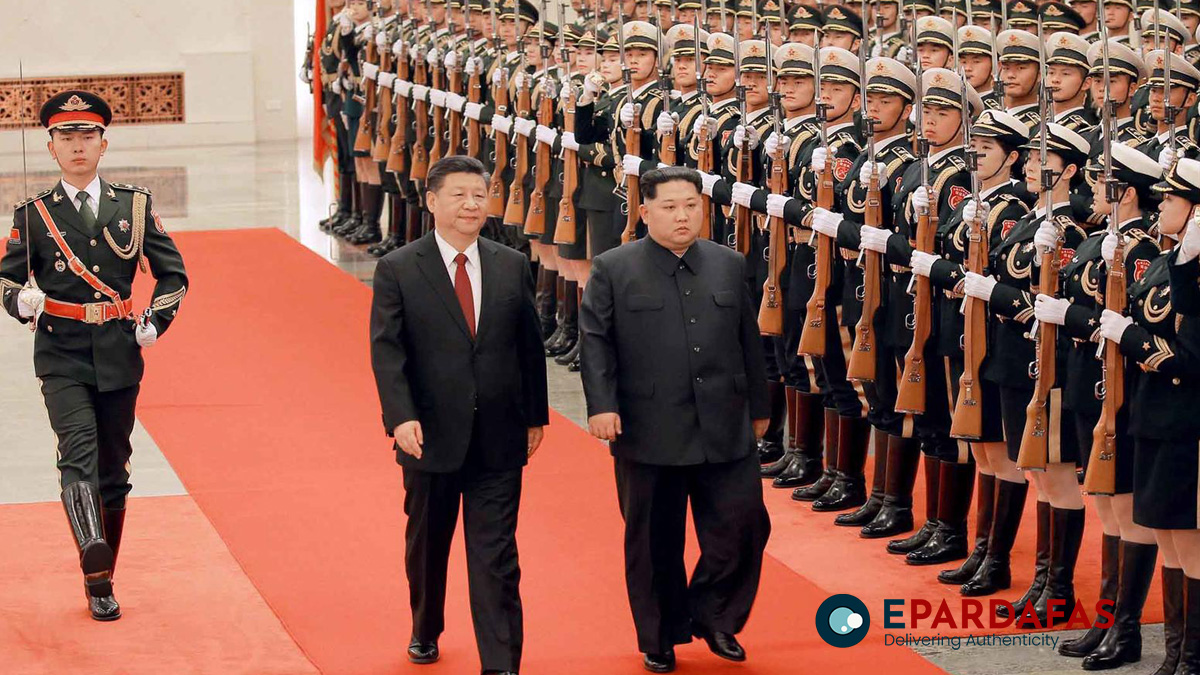In a series of provocative actions following a trilateral summit involving China, Japan, and South Korea, North Korea’s recent behavior suggests a growing frustration with its traditional ally and main trading partner, China.
On Thursday, South Korea’s Joint Chiefs of Staff reported that North Korea had launched approximately 10 short-range ballistic missiles into the waters off its east coast. North Korean state media later described the launches as a warning to its rivals about the consequences of provoking the reclusive state.
This missile barrage came just a day after South Korea raised an alarm over North Korea sending around 260 balloons filled with garbage and excrement into South Korean territory, primarily near the heavily fortified border between the two countries.
The spate of aggressive acts began shortly after the trilateral summit concluded in Seoul, during which China, Japan, and South Korea pledged increased cooperation and communication, including discussions on a potential free trade agreement. However, notably absent from the joint statement was any direct reference to North Korea by name, although there was mention of the “denuclearization of the Korean Peninsula.”
Analysts suggest that North Korea’s recent actions, occurring in such close proximity to the trilateral summit, are aimed at expressing discontent with China’s cooperation with its regional rivals, Japan and South Korea, both of which North Korea considers enemies.
Park Won-gon, a professor of North Korean Studies, highlighted Pyongyang’s explicit criticism of China for participating in discussions about denuclearization. North Korea’s Foreign Ministry accused South Korea of bringing a “grave security crisis” to the region by strengthening ties with external powers, likely referring to the U.S.
However, while China has historically opposed North Korea’s nuclear ambitions, it remains unlikely to withdraw support, fearing instability on the Korean Peninsula.
Analysts also speculate that North Korea’s recent provocations may be driven by longer-term strategic considerations, such as building up military strength to enhance its bargaining power, particularly in anticipation of potential changes in U.S. leadership.
As tensions in the region continue to escalate, experts predict a period of increased instability and uncertainty regarding North Korea’s intentions and actions.



Comments